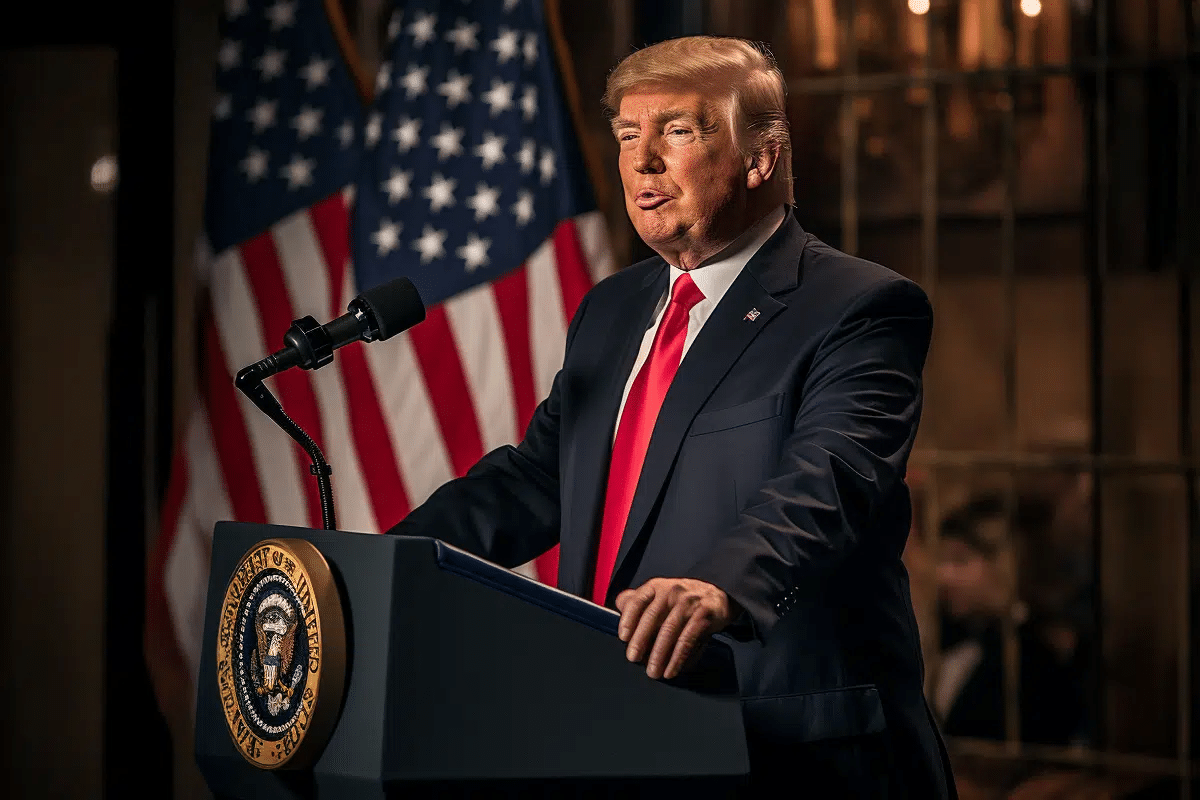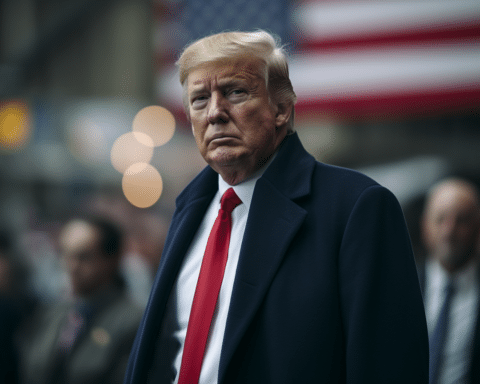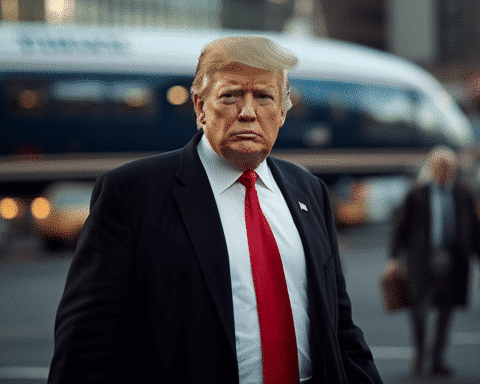Donald Trump’s potential return to the presidency brings new uncertainty for the technology sector. During his first term, Trump challenged Big Tech’s influence, pursuing actions like filing an antitrust lawsuit against Google and initiating discussions about banning TikTok. However, his recent positions suggest a more tempered approach, even as unresolved issues like artificial intelligence regulation and social media liability remain at the forefront.
As the inauguration nears, Trump’s leadership could favor deregulation and corporate consolidation while addressing contentious issues like children’s online safety and platform accountability. The outcomes will have significant implications for tech companies and millions of users.
TikTok and National Security Concerns
TikTok’s U.S. operations face a pivotal moment, with a law set to ban the platform unless it separates from its Chinese parent company. While Trump no longer supports an outright ban, the legal and legislative momentum on this issue limits his ability to act. Intervention may involve directing agencies not to enforce the law or using executive powers, but either path risks legal challenges and uncertainty for tech partners like Apple.
This situation highlights broader challenges in managing foreign-owned platforms while balancing business interests and national security concerns. Whether TikTok survives in its current form may set a precedent for future tech policy.
AI Regulation: Innovation Over Oversight
Artificial intelligence presents both opportunities and risks, prompting calls for regulation. Trump’s administration is expected to emphasize innovation by rolling back existing guidelines that address AI’s discriminatory potential and security threats. Federal laws preempting state-specific rules may also be introduced to streamline regulations and reduce barriers for companies.
While this approach may accelerate development, it risks enabling unchecked AI growth. Balancing innovation with ethical oversight will remain a critical challenge as AI technologies continue to evolve.
Section 230 and Social Media Liability
Section 230, which shields tech platforms from liability for user-generated content, has been a contentious issue. Republicans, including Trump, argue it enables censorship of conservative voices. His administration may pursue reforms that increase platform accountability, making it easier to sue companies for certain moderation decisions.
These changes could impact content moderation across platforms, including Trump’s own Truth Social and Elon Musk’s X. Striking the right balance between free speech and harmful content regulation will be a significant test for any reform efforts.
Children’s Online Safety: A Rare Bipartisan Issue
Children’s online safety is one of the few tech policy areas with bipartisan support. The Kids Online Safety Act has progressed further than previous efforts but still faces challenges in Congress. Disagreements over its provisions and enforcement mechanisms could stall its final passage.
Despite this, renewed focus on protecting children in the digital space may gain momentum under Trump’s administration. Whether meaningful action will follow remains uncertain, given past inaction on similar issues.
Shaping the Future of Tech Policy
Trump’s return to office could bring significant changes to U.S. tech policy. A focus on deregulation and corporate consolidation may benefit large companies, but unresolved issues like TikTok, AI oversight, and social media reforms highlight the complexities ahead. As policies take shape, their impact will ripple across industries and the lives of millions of users.





